Sip, Snack, Survive: The Best (and Worst) Foods for Sweltering Days
When the mercury climbs and shade becomes a luxury, your meals matter more than ever. Summer isn’t just a season—it’s a test of stamina, hydration, and smart choices. And while that frosty drink or salty snack might seem like a treat, some foods secretly work against your body, spiking your internal thermostat or draining your energy. Others? They’re quiet heroes—cooling you from the inside out, replenishing electrolytes, and fueling you with clean, steady energy. That’s why we’ve expanded our list to 23 Essential Summer Food Choices—a sharp-eyed mix of ingredients that help you beat the heat, plus the surprising offenders that do the opposite. Whether you're prepping for a heatwave, a picnic, or just trying to survive your kitchen without breaking a sweat, this guide will help you eat with intention. Because in summer, what’s on your plate isn’t just food—it’s strategy.
1. Hydration Heroes: Watermelon and Cucumber
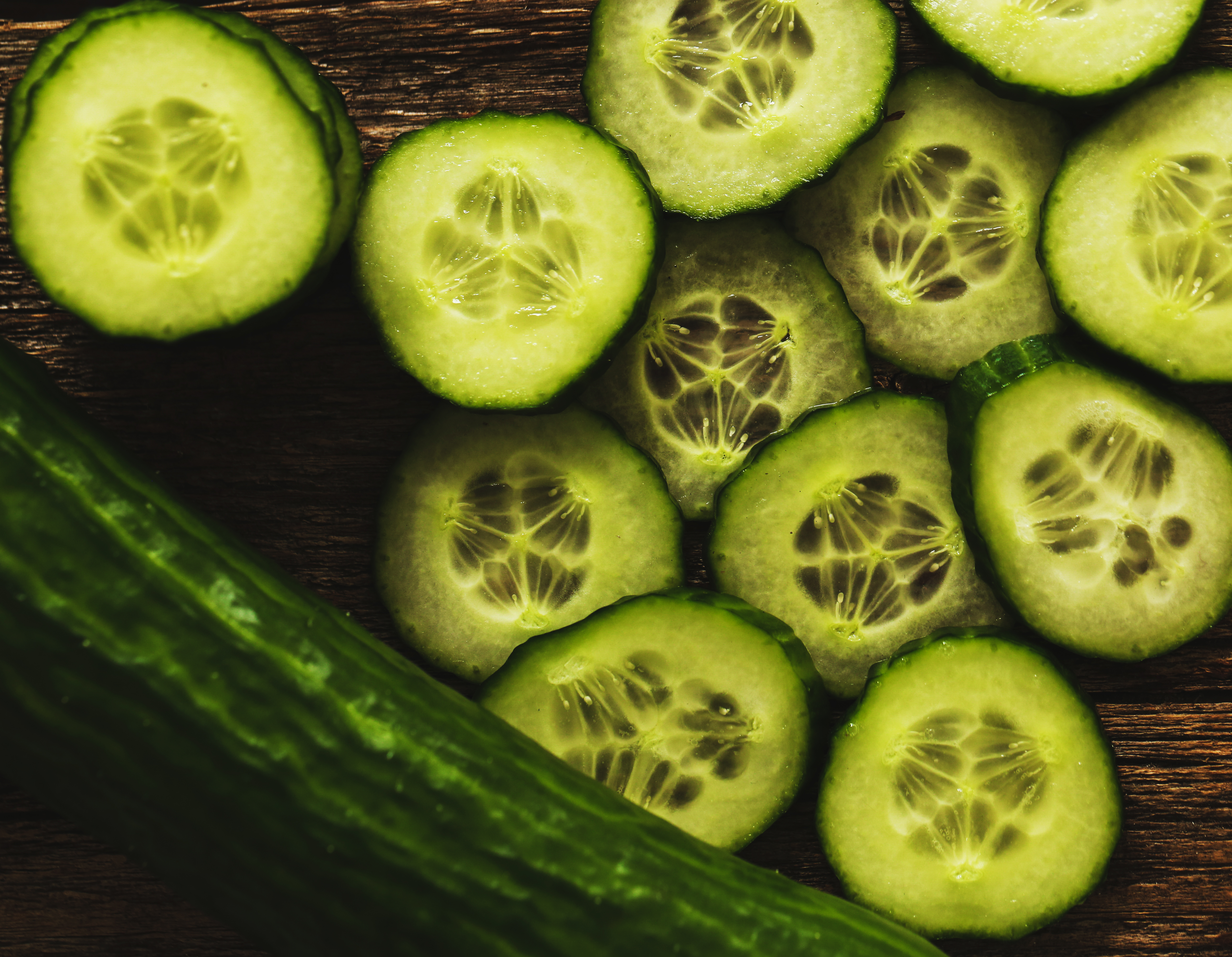
Watermelon and cucumber are quintessential summer staples, celebrated for their high water content and cooling properties. Watermelon, composed of over 90% water, is not only hydrating but also rich in vitamins A and C, which support skin health and boost immunity. Cucumber, similarly, is a hydration powerhouse, offering a crisp, refreshing bite with minimal calories. Both can be consumed raw, added to salads, or blended into smoothies for a revitalizing treat. By incorporating these hydrating heroes into your summer diet, you can effectively combat dehydration and enjoy a natural, refreshing way to stay cool.
2. The Pitfall of Sugary Drinks
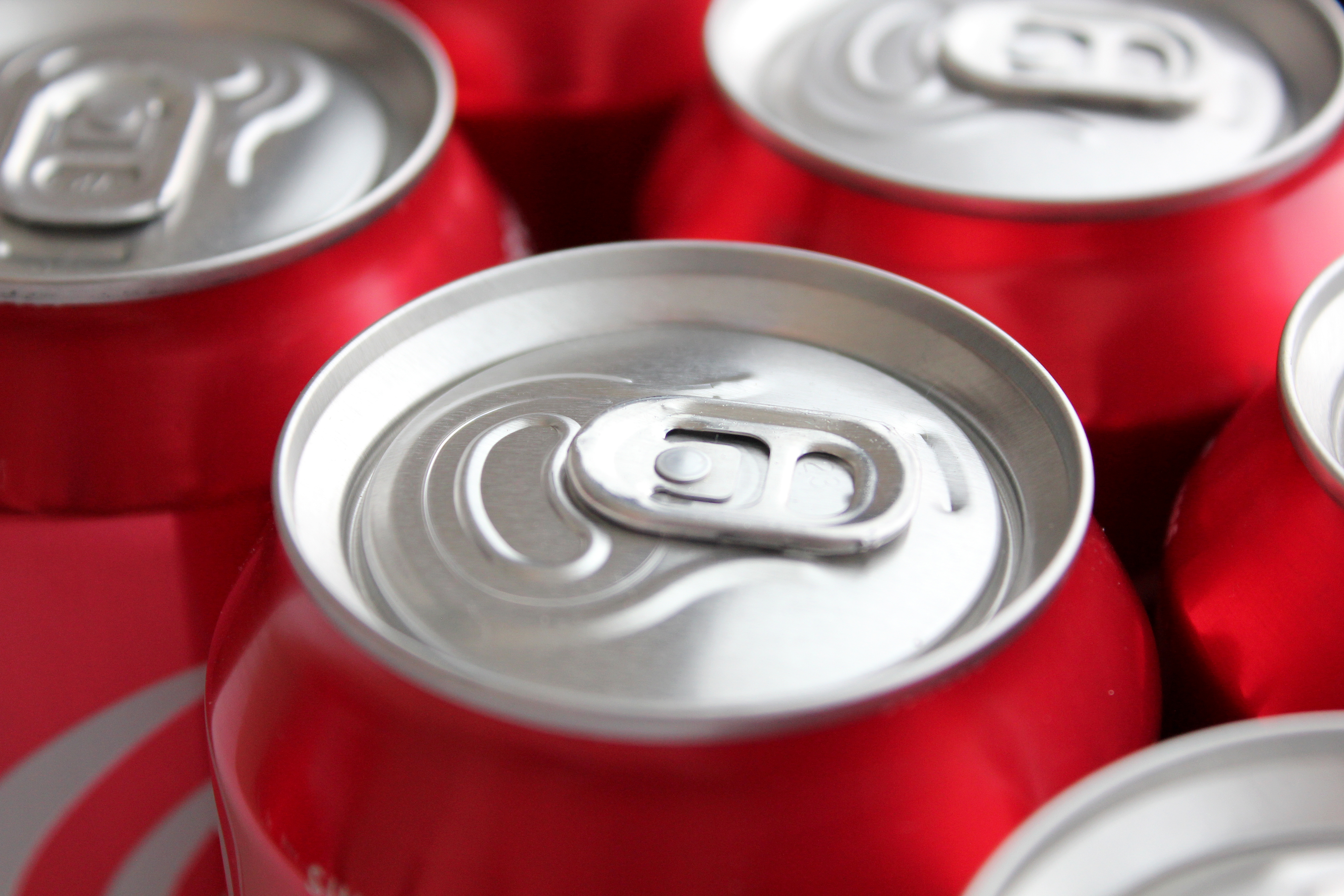
While it might be tempting to reach for a sweet soda or iced tea on a hot day, sugary drinks can be a major pitfall. These beverages often contain high levels of sugar and caffeine, which can lead to dehydration rather than quenching your thirst. The body uses water to metabolize the sugar, leaving you feeling even thirstier. Opt instead for naturally flavored water or herbal iced teas, which provide hydration without the added sugar. By steering clear of sugary drinks, you can maintain your body's hydration levels and avoid the energy crashes that often accompany sugar-laden beverages.
3. Power of Citrus: Lemons and Limes
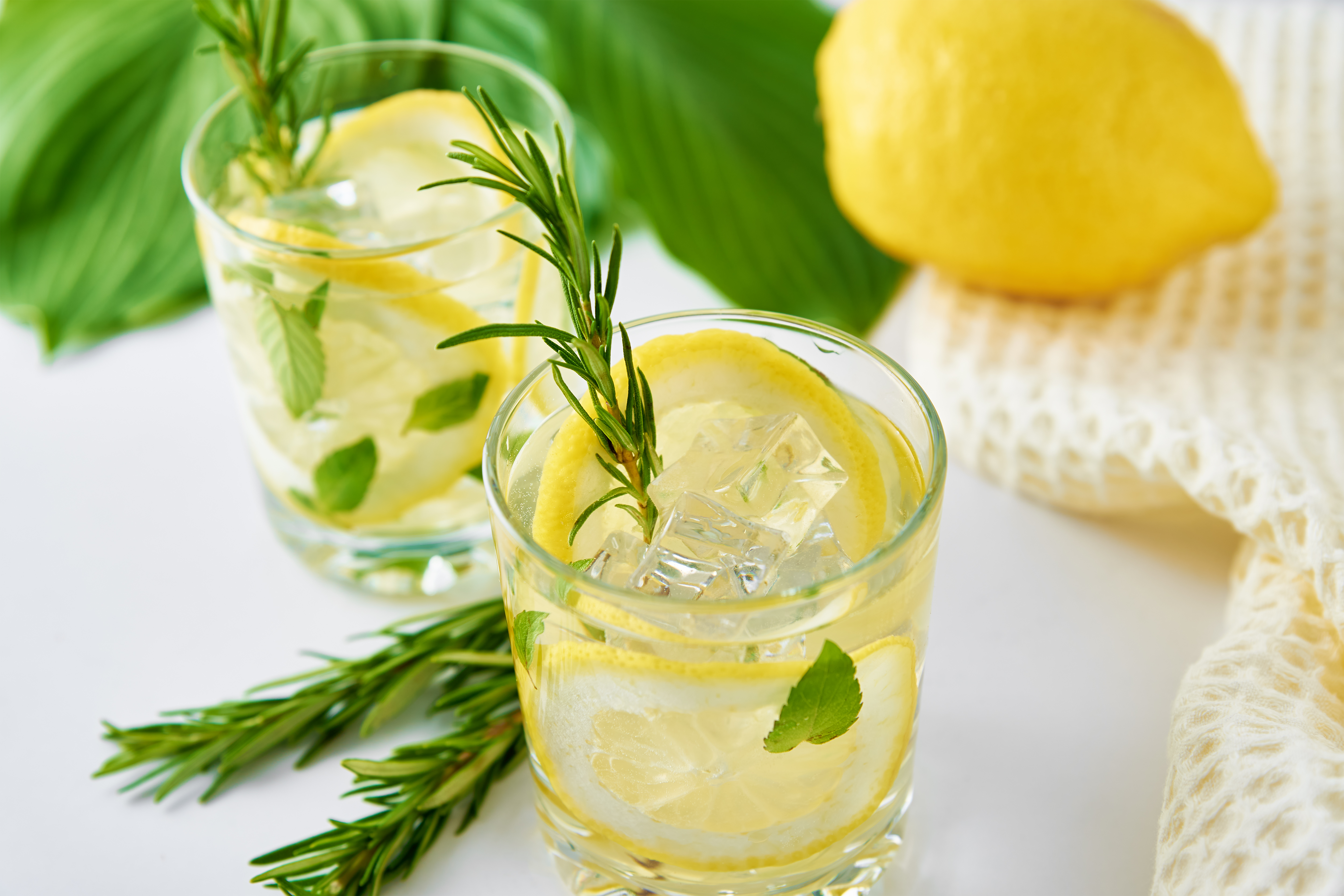
Lemons and limes, with their tangy, refreshing flavors, are perfect for summer. These citrus fruits are not only rich in vitamin C but also help to enhance the flavor of water, making it more enticing to drink. Adding a squeeze of lemon or lime to your water can encourage you to drink more, thus keeping you hydrated. Additionally, the natural acidity of these fruits aids digestion and can help detoxify the body. By incorporating lemons and limes into your diet, you can enjoy a refreshing twist to your hydration routine while reaping numerous health benefits.
4. Cooling Dairy: Yogurt and Kefir
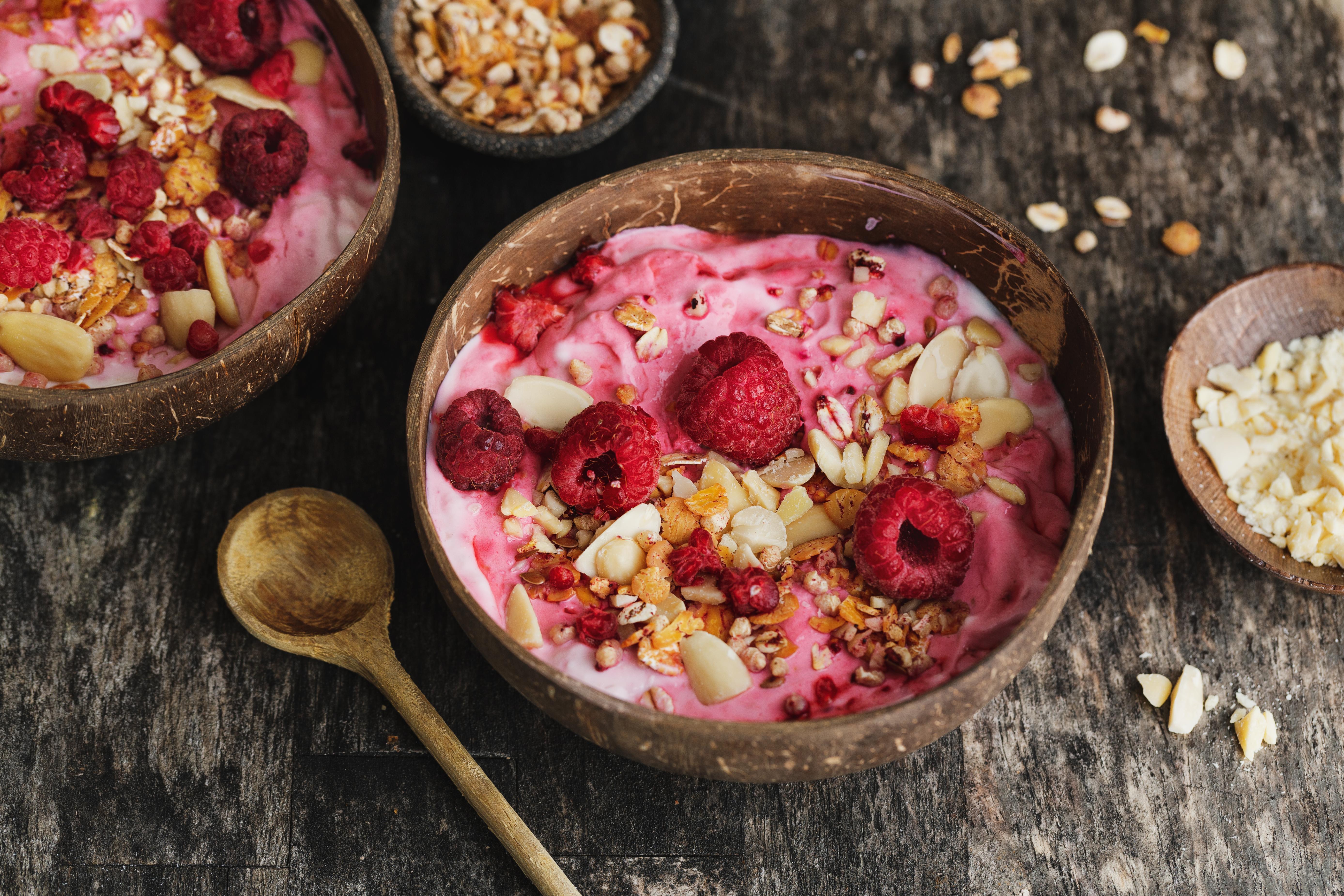
Dairy products like yogurt and kefir are excellent choices for cooling summer snacks. Both are rich in probiotics, which support gut health and digestion, and they offer a creamy, satisfying texture. Yogurt can be enjoyed on its own or mixed with fruits and nuts for a nutritious parfait. Kefir, a fermented milk drink, provides a refreshing, tangy alternative. These dairy options are not only cooling but also packed with protein and calcium, making them a wholesome choice for hot weather. By incorporating yogurt and kefir into your summer meals, you can enjoy both refreshment and nutrition.
5. The Dehydrating Danger of Salty Snacks
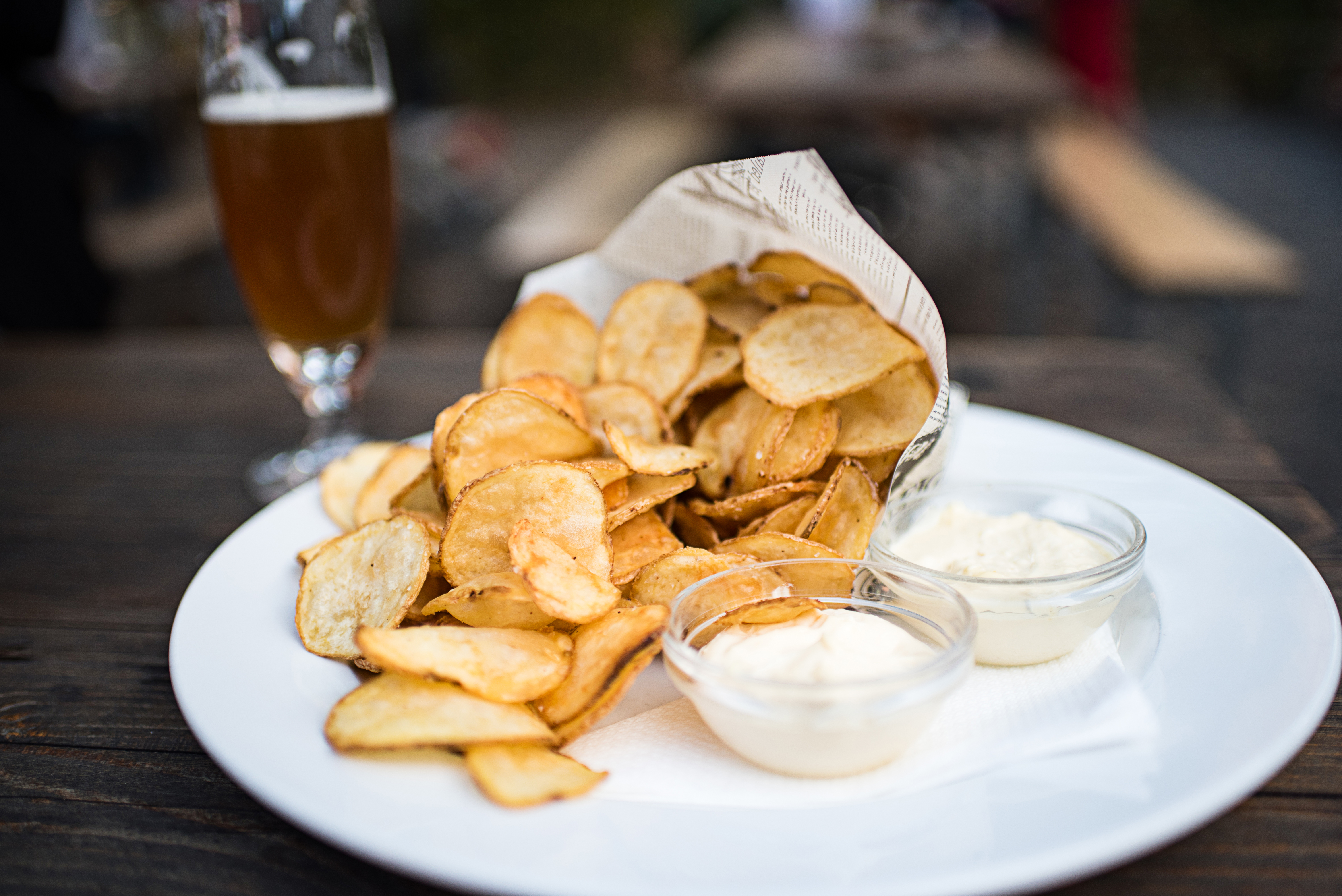
Salty snacks, such as chips and pretzels, are a common summer indulgence but can be a hidden danger when it comes to hydration. High sodium levels in these snacks can lead to increased thirst and dehydration, as the body requires more water to balance the salt intake. Instead of reaching for salty snacks, consider healthier alternatives like unsalted nuts or air-popped popcorn, which provide satisfying crunch without the excessive sodium. By being mindful of your salt intake, you can prevent dehydration and maintain balanced hydration levels during the hot summer months.
6. Refreshing Salads: Beyond Lettuce
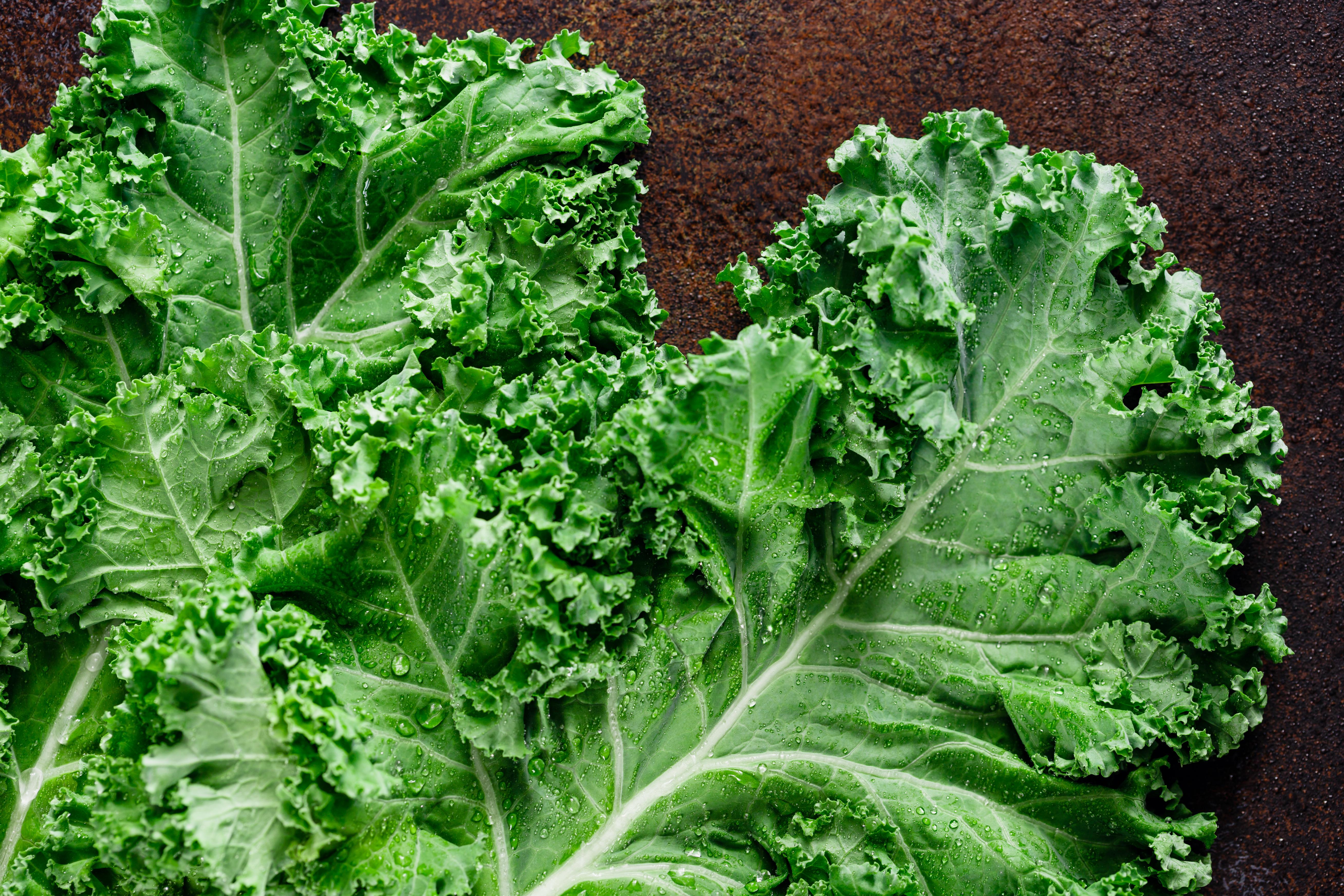
Summer salads are a fantastic way to incorporate a variety of cooling ingredients into your diet. While lettuce is a common base, expanding your salad repertoire can enhance both flavor and nutrition. Consider using spinach, arugula, or kale as a base, and add hydrating ingredients like tomatoes, bell peppers, and radishes. Incorporating fruits such as berries or mangoes can add a sweet, refreshing twist. Topping your salad with a light vinaigrette or citrus dressing ensures a flavorful, hydrating meal. By exploring diverse salad combinations, you can enjoy a delicious, cooling dish that supports your summer wellness goals.
7. The Icy Allure of Frozen Treats
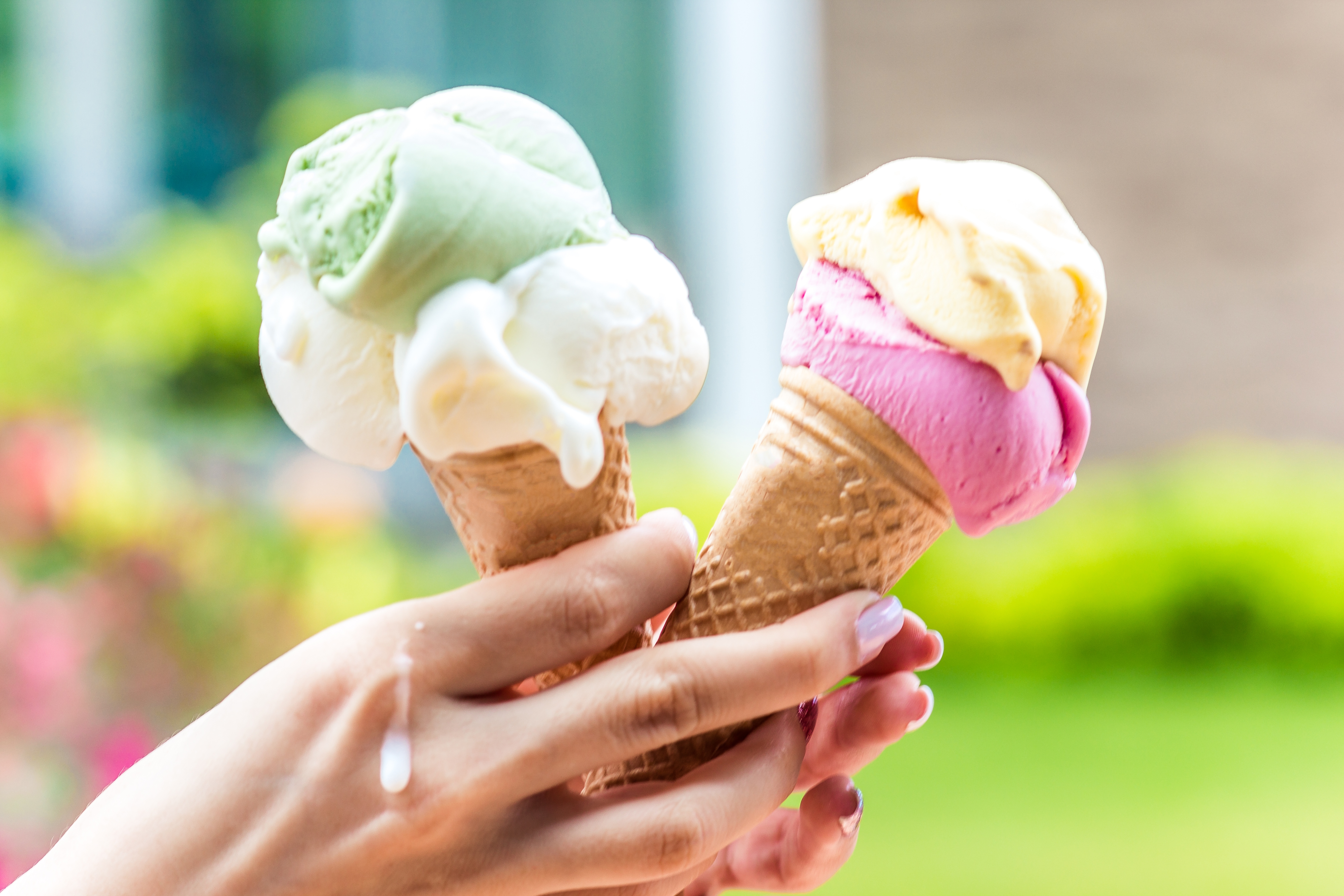
Frozen treats like ice cream and popsicles are synonymous with summer, offering a delightful way to cool down. However, many commercial options are loaded with sugar and artificial ingredients. To enjoy a healthier version, consider making your own frozen treats at home. Blending fruits like berries or bananas with yogurt or coconut milk can create a creamy, nutritious alternative. For a quick fix, freezing grapes or watermelon chunks provides a naturally sweet, refreshing snack. By opting for homemade frozen treats, you can indulge your sweet tooth while staying cool and healthy during the summer heat.
8. Herbal Infusions: Cooling Teas
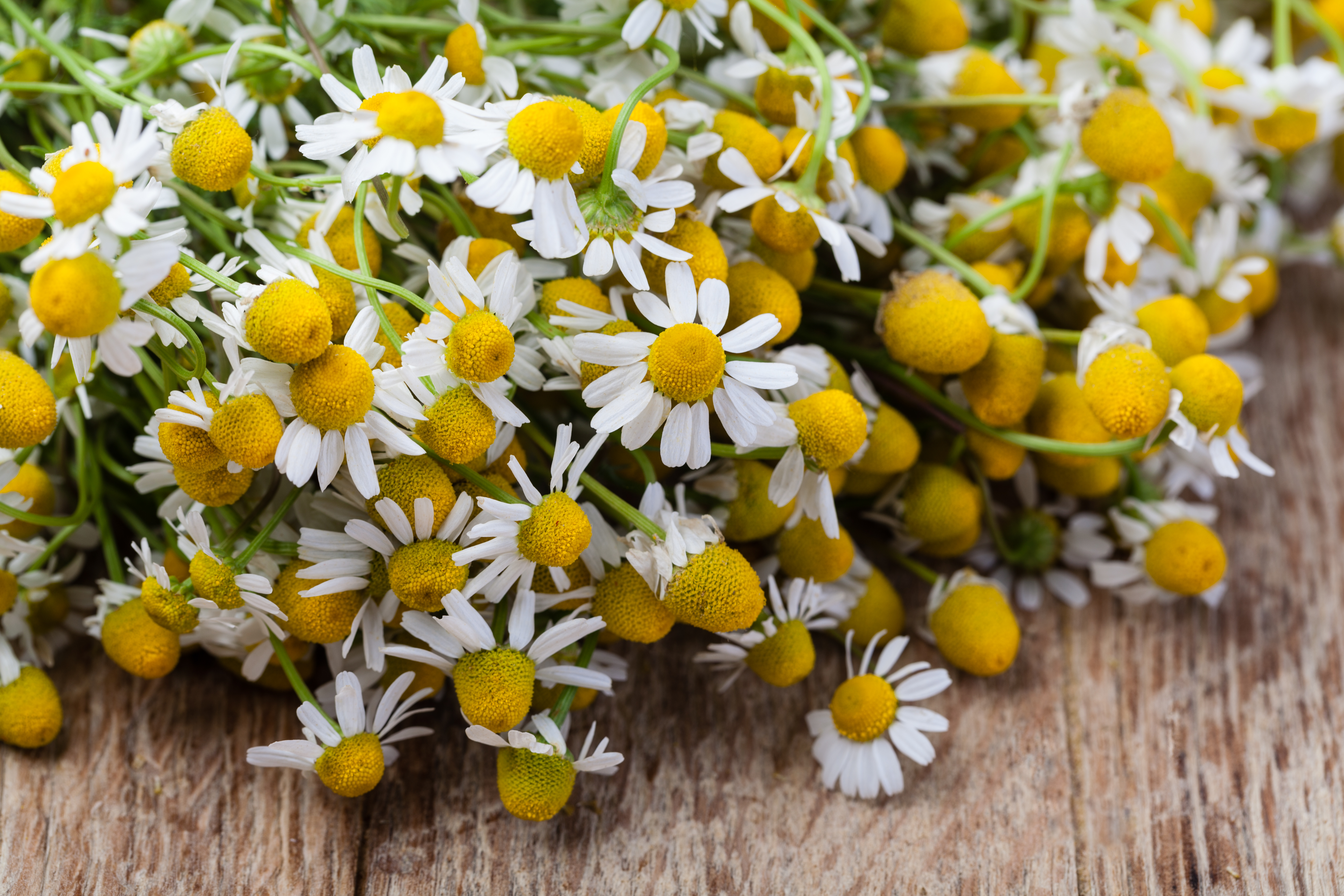
Herbal teas are an excellent way to stay hydrated and cool during the summer. Varieties like peppermint, hibiscus, and chamomile offer natural cooling properties and can be enjoyed hot or iced. Peppermint tea, in particular, contains menthol, which provides a cooling sensation. Hibiscus tea is both tart and refreshing, packed with antioxidants that support overall health. Chamomile offers a soothing effect, perfect for unwinding after a hot day. By incorporating herbal infusions into your beverage rotation, you can enjoy a flavorful, caffeine-free way to beat the heat while reaping the benefits of these natural ingredients.
9. The Surprising Heat of Spicy Foods
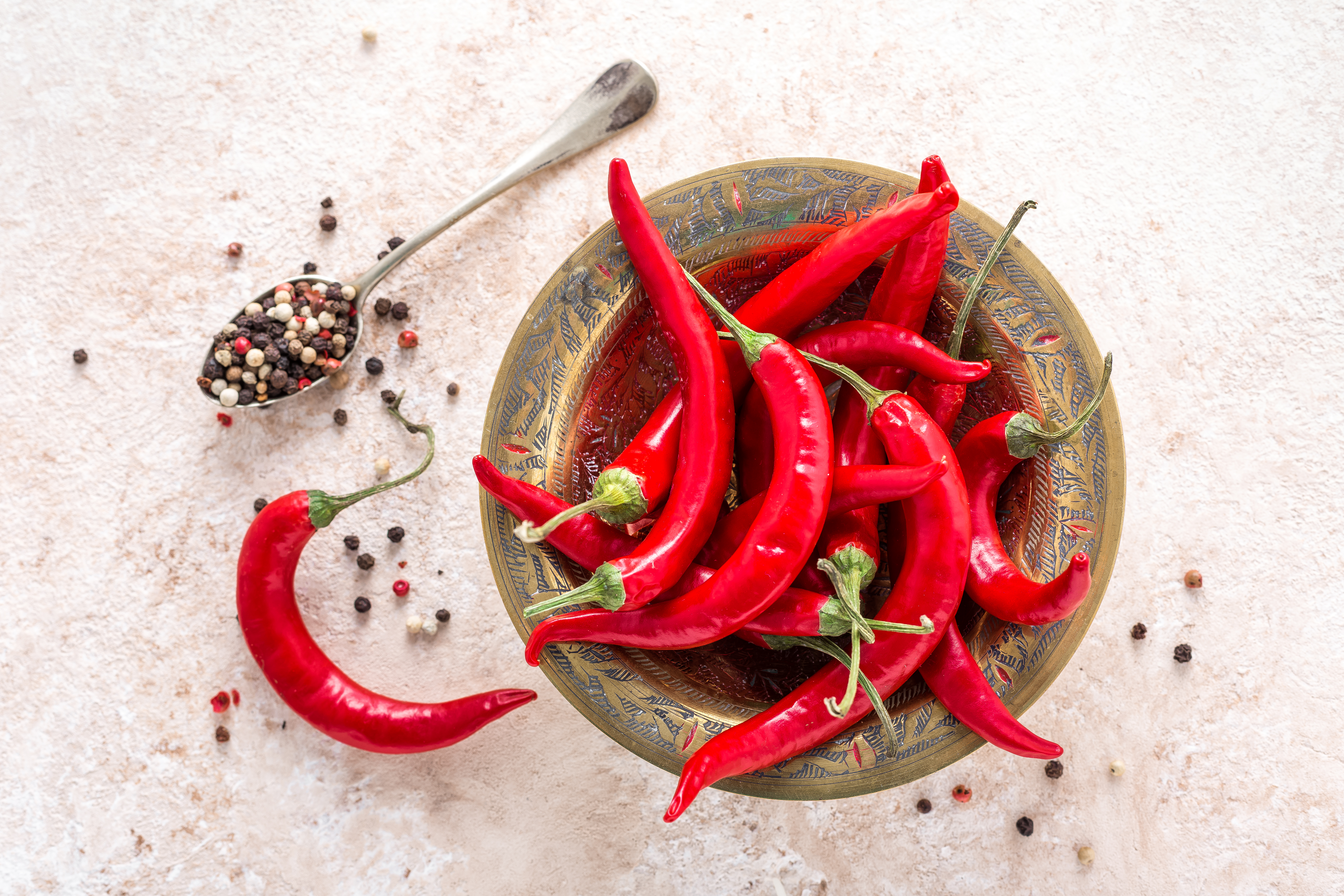
Spicy foods might seem counterintuitive for cooling off, yet they can actually help you beat the heat. Spices like chili peppers contain capsaicin, which induces perspiration, leading to a cooling effect as your body temperature regulates. While this may not be ideal for everyone, those who enjoy a bit of heat can benefit from dishes like spicy salsas or curries. It's important to balance spice with hydration, so pair spicy foods with cooling sides like cucumber salad or yogurt-based dips. By understanding the role of spicy foods, you can strategically use them to enhance your summer dining experience.
10. The Lightness of Grilled Vegetables
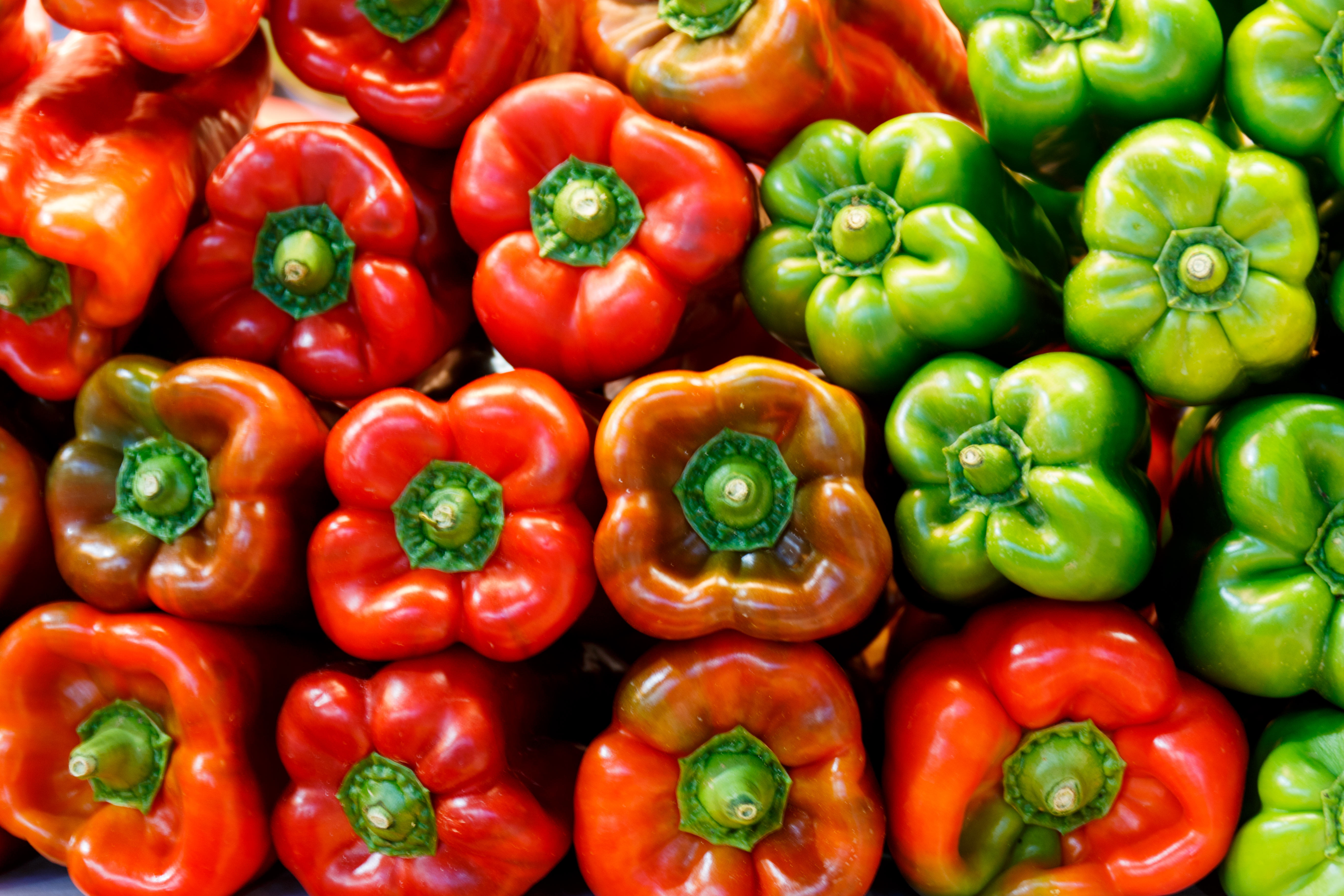
Grilled vegetables are a light, flavorful option for summer meals, offering a healthy alternative to heavier dishes. Vegetables like zucchini, bell peppers, and eggplant develop a smoky sweetness when grilled, making them a perfect addition to salads, sandwiches, or as a side dish. Grilling brings out the natural flavors without the need for heavy sauces or dressings, allowing you to enjoy the vegetables' inherent freshness. By incorporating grilled vegetables into your summer menu, you can enjoy a nutrient-rich, low-calorie meal that satisfies your taste buds while keeping you cool and energized.
11. The Pitfall of Heavy Proteins

Heavy proteins, such as red meats, can be a pitfall during summer due to their dense, rich nature. Consuming large amounts of heavy proteins can increase body heat and make digestion sluggish, leaving you feeling lethargic in the heat. Instead, opt for lighter proteins like grilled chicken, fish, or plant-based alternatives such as tofu or legumes. These options provide essential nutrients without overwhelming your system. By choosing lighter proteins, you can maintain your energy levels and enjoy meals that are both satisfying and conducive to staying cool during the summer.
12. The Versatility of Summer Berries
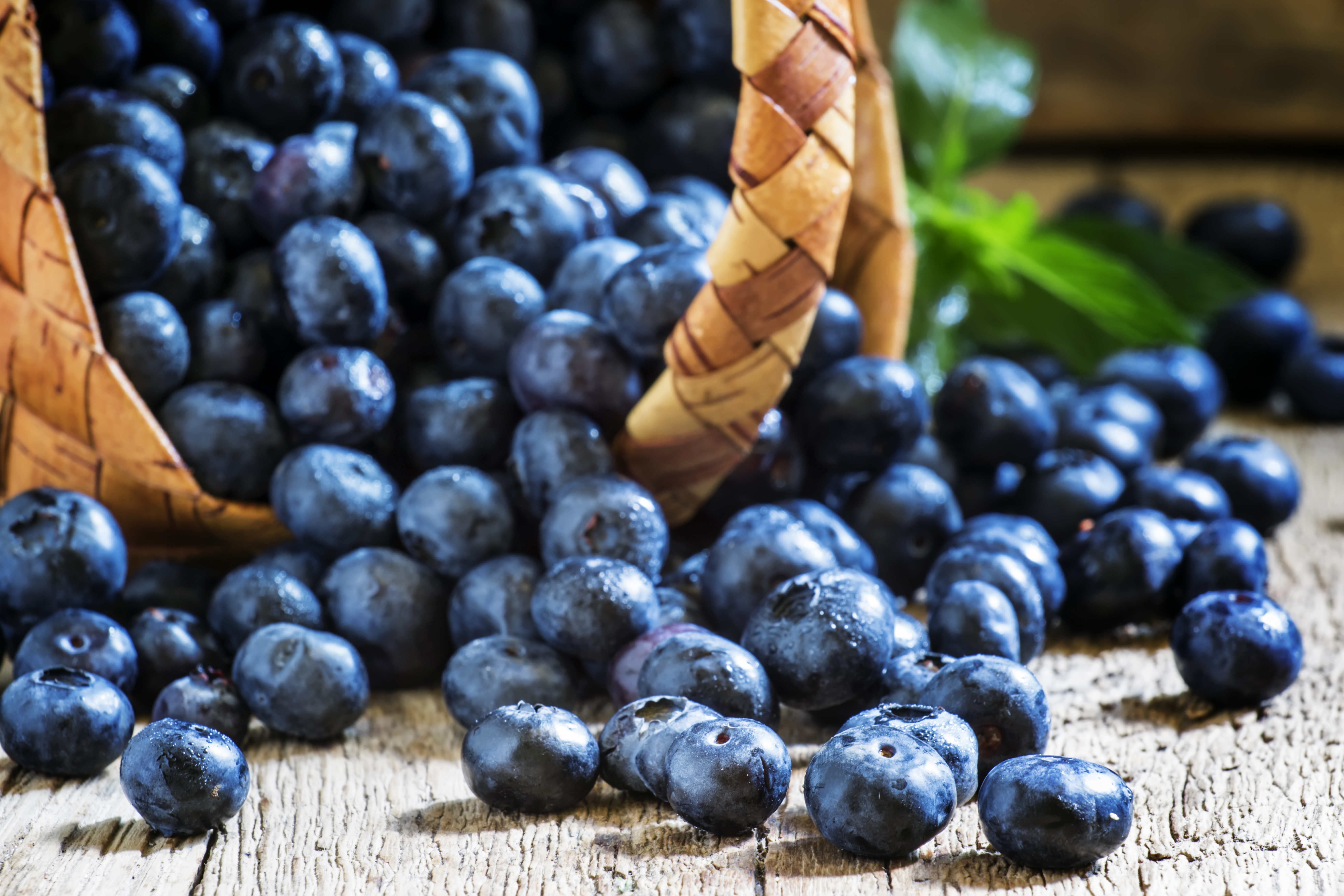
Summer berries, including strawberries, blueberries, and raspberries, are versatile fruits that offer a burst of flavor and nutrition. Packed with antioxidants, vitamins, and fiber, berries are an excellent choice for maintaining health during the summer. They can be enjoyed fresh, added to salads, or blended into smoothies for a refreshing treat. Berries can also be frozen for later use, providing a cool snack or dessert option. By incorporating a variety of berries into your diet, you can enjoy their sweet, tangy flavors while benefiting from their numerous health-promoting properties.
13. The Hydration Trap of Alcohol

Alcoholic beverages are often associated with summer gatherings, yet they can pose a significant hydration trap. Alcohol is a diuretic, which means it increases urine production and can lead to dehydration. To mitigate this effect, it's important to balance alcohol consumption with plenty of water. Opt for lighter options like spritzers or low-alcohol beers, and always alternate alcoholic drinks with water. By being mindful of your alcohol intake, you can enjoy social occasions without compromising your hydration status, ensuring you stay refreshed and healthy throughout the summer.
14. Coconut Water: Nature’s Electrolyte Drink
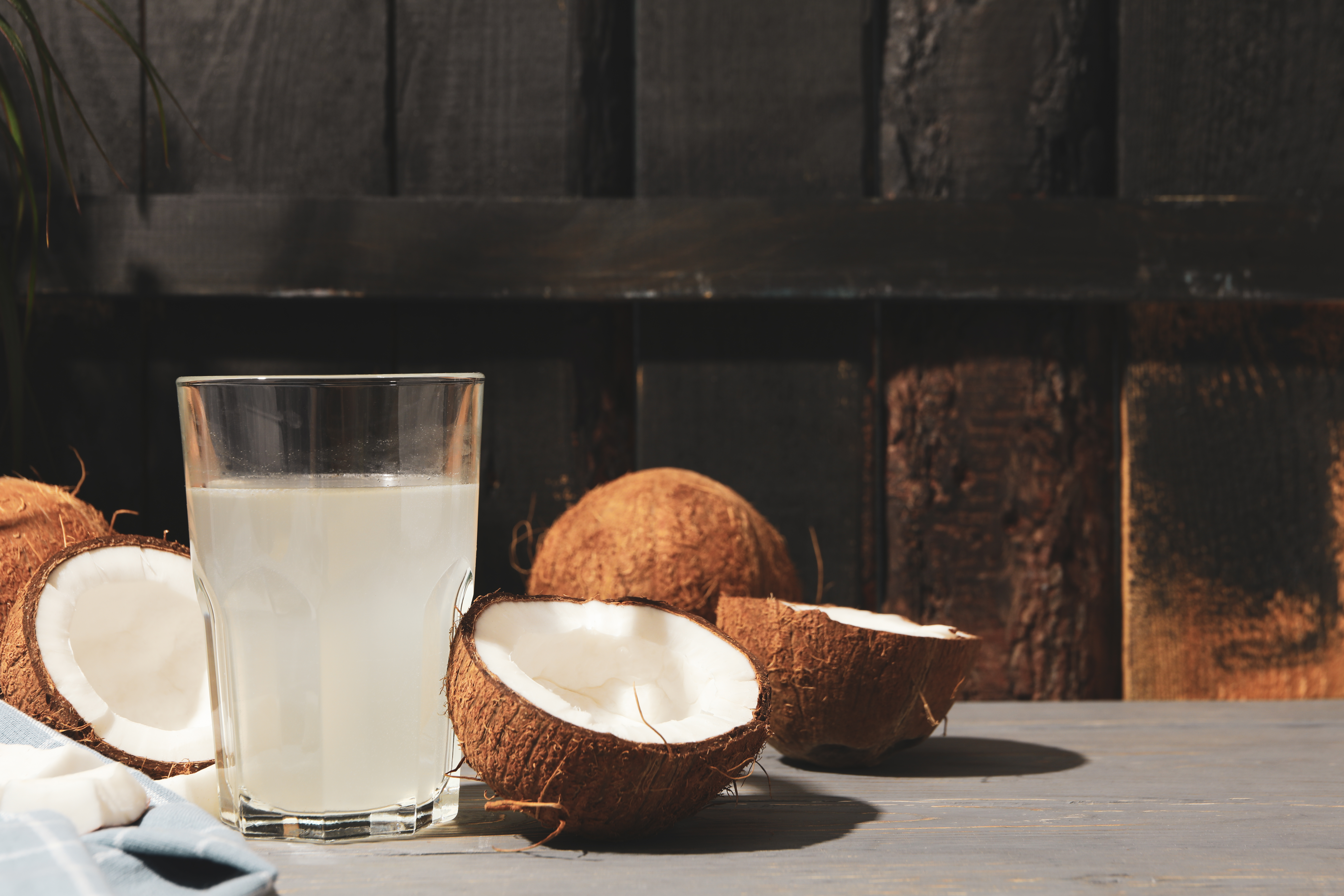
Skip the neon sports drinks—coconut water is a naturally sweet, electrolyte-packed alternative that helps replenish potassium, magnesium, and sodium lost through sweat. Unlike sugary alternatives, it’s low in calories and easy on the stomach, making it a perfect post-workout or mid-heat refresher. It hydrates without the crash, and its subtle nutty flavor is a bonus on scorching days. Look for pure, unsweetened versions to avoid hidden additives. Whether sipped straight or blended into smoothies, coconut water is a tropical, body-friendly upgrade your summer hydration routine will thank you for.
15. Mint: The Underrated Cooling Herb
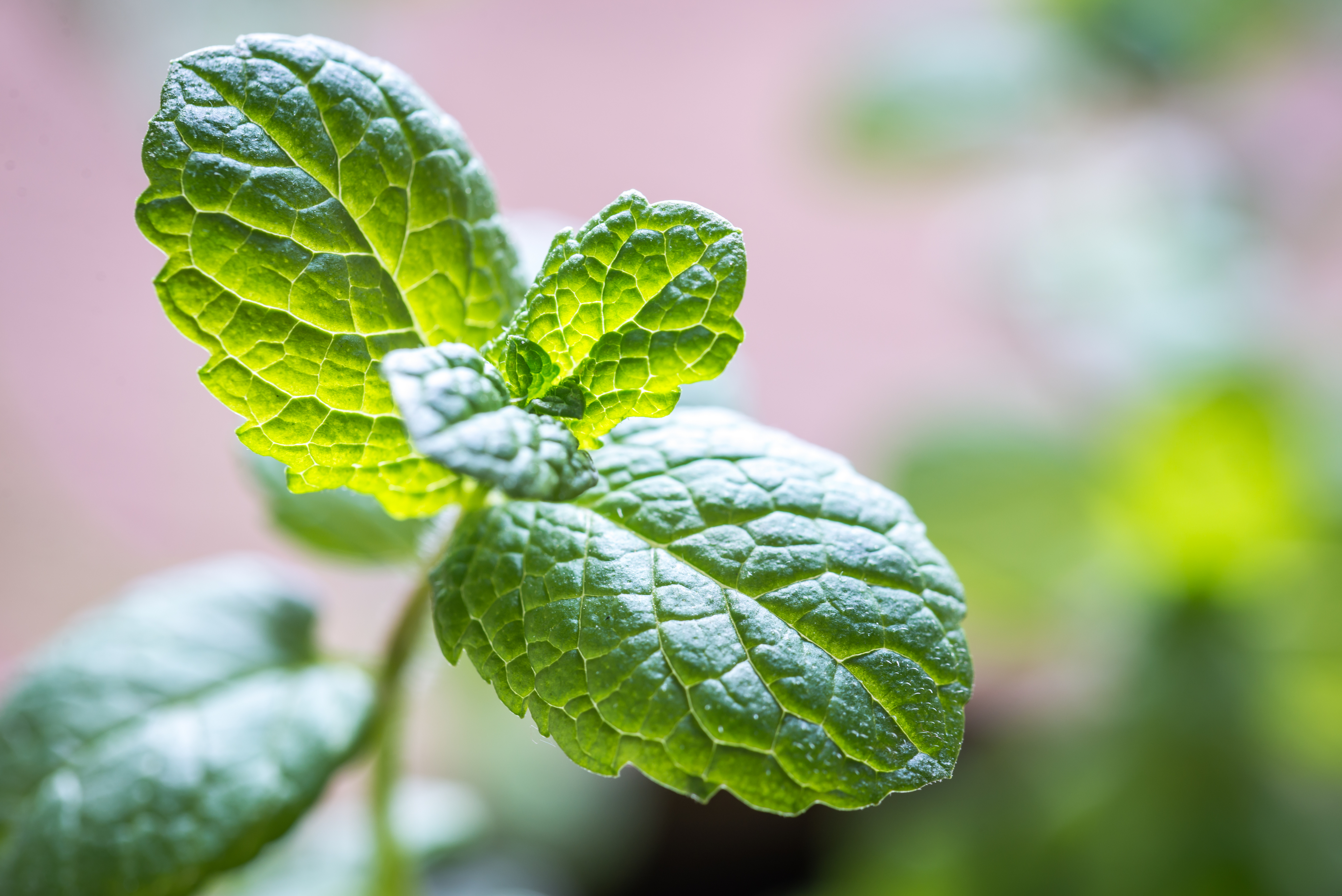
It may seem small, but mint leaves carry big cooling power. Rich in menthol, mint naturally activates cold-sensitive receptors in the skin and throat, creating a refreshing sensation without actually altering your body temperature. Add it to salads, yogurt, lemonade, or iced tea for an instant chill effect. Mint also supports digestion—perfect after heavy summer meals. And it’s easy to grow at home, ensuring a steady supply all season. More than a garnish, mint is your herbal secret weapon for turning any dish or drink into a summer-friendly, heat-busting experience.
16. Cold Soups: Sip Your Veggies, Stay Cool
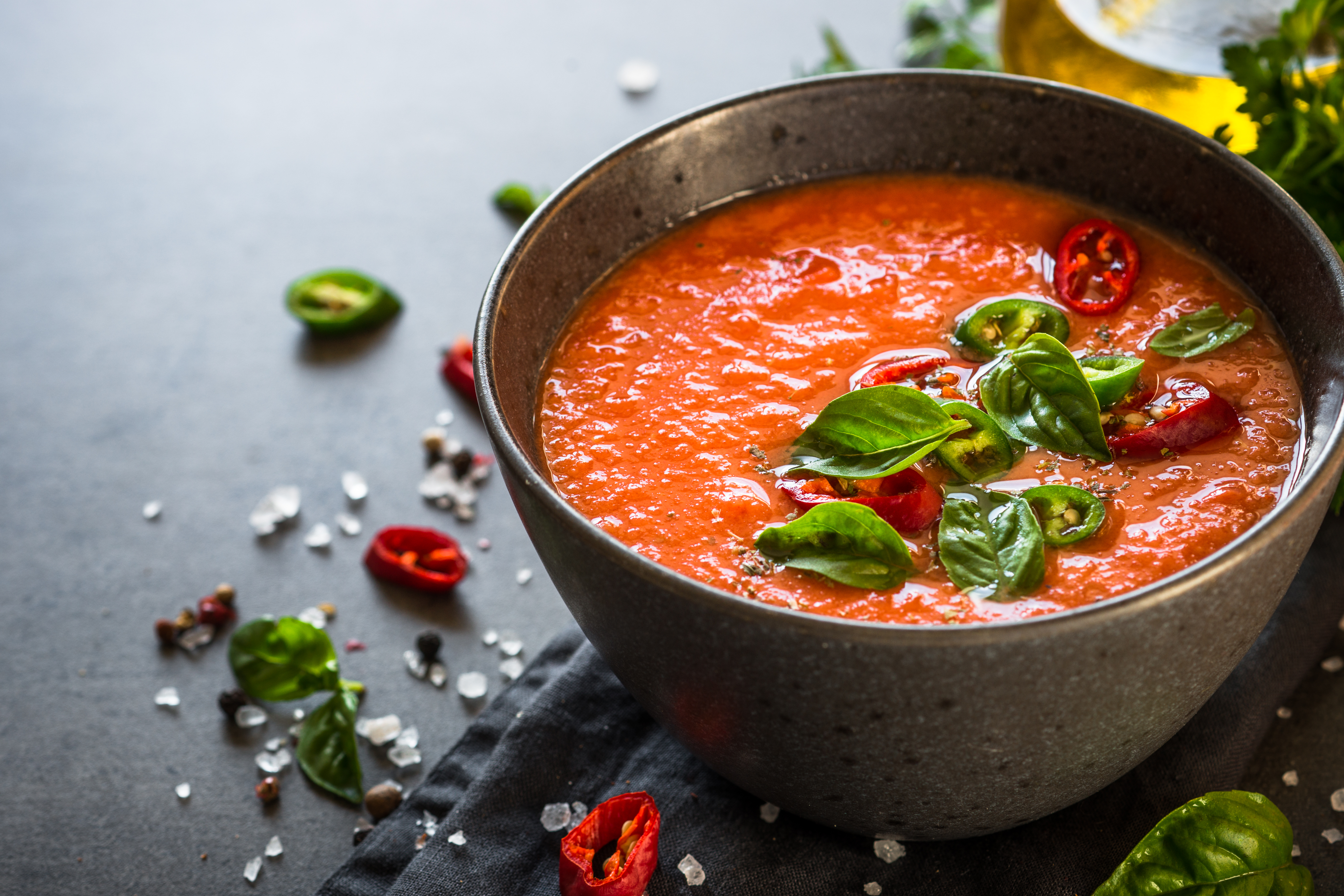
Hot soup in summer? No thanks. But cold soups—like gazpacho or cucumber-yogurt blends—deliver hydration and nutrients in a light, refreshing form. Made from raw or lightly blended vegetables, these soups are rich in antioxidants, fiber, and water content. They’re satisfying without being heavy, helping your body stay cool and your digestion stay smooth. Plus, they’re quick to prep and can be stored cold for easy meals during heatwaves. Whether you're a fan of savory tomato blends or creamy, herbed concoctions, cold soups are a smart and flavorful way to beat the heat from the inside out.
17. Pineapple: Tropical Sweetness with a Punch
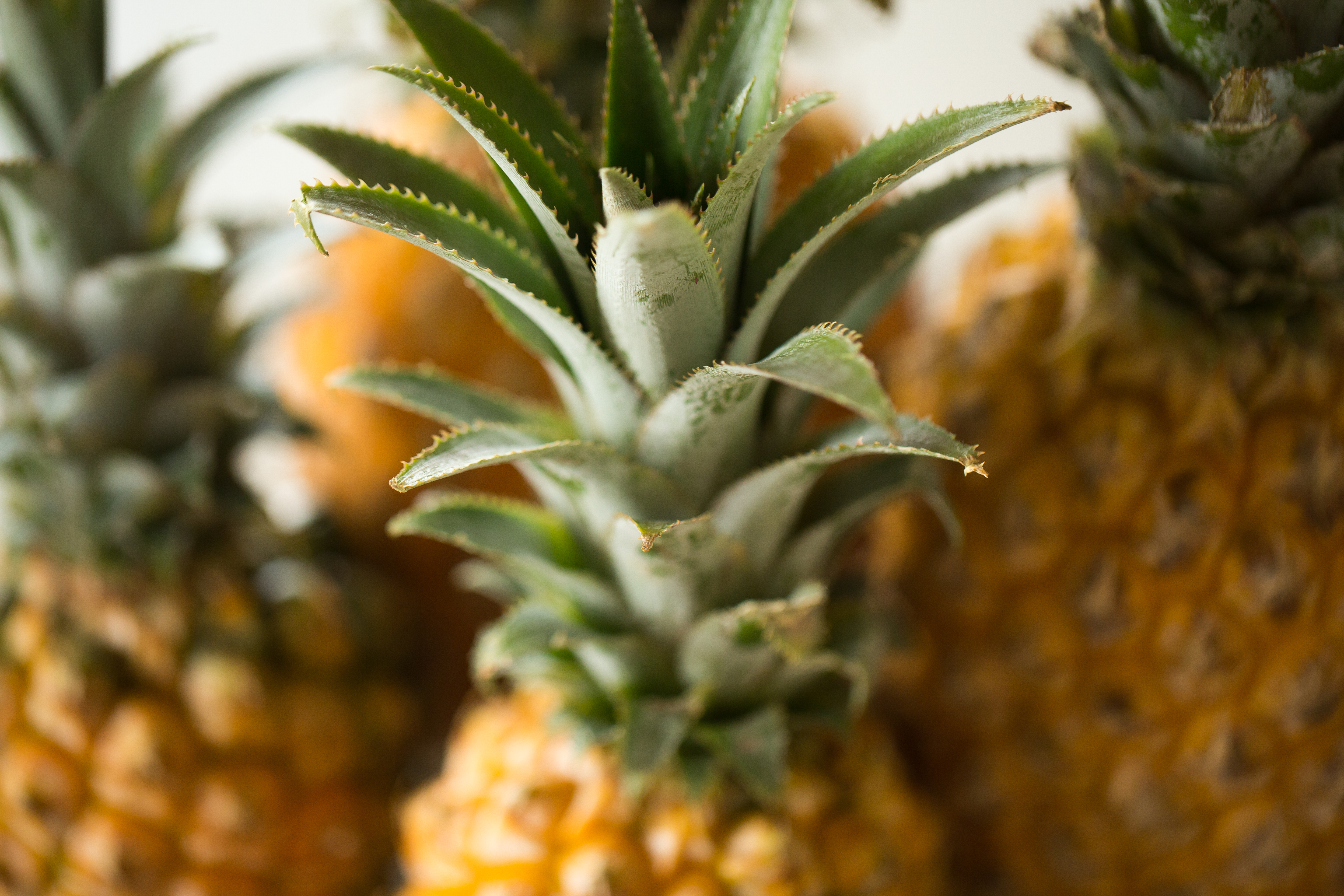
Pineapple isn’t just delicious—it’s packed with bromelain, an enzyme known to aid digestion and reduce inflammation, which can be especially helpful in hot weather. Juicy and fiber-rich, pineapple also contains a hefty dose of vitamin C, supporting your immune system when heat stress runs high. Its high water content makes it naturally hydrating, and its tangy sweetness satisfies cravings without reaching for sugar-laden snacks. Serve it chilled, grill it for a smoky-sweet twist, or blend it into mocktails—however you slice it, pineapple earns its place as a sunny-day staple.
18. The False Promise of Energy Bars
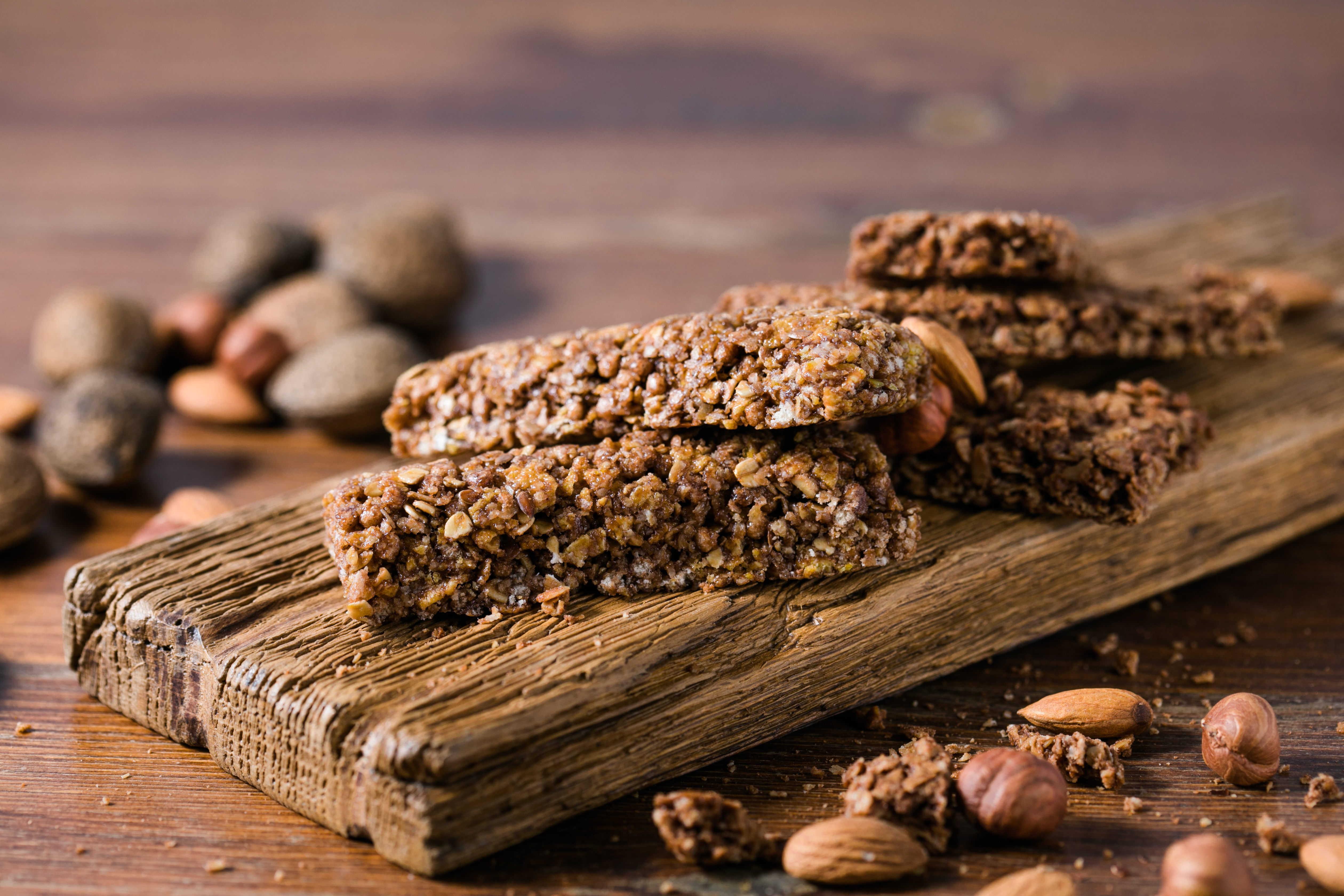
They may look like fuel, but many energy bars are summer backfires. Packed with processed sugars, artificial additives, and dense carbs, these snacks can spike your blood sugar and leave you more fatigued than energized—especially in the heat. The body works harder to digest these ultra-processed blocks, which can increase your core temperature and zap energy. For a smarter swap, choose whole-food-based options with nuts, seeds, or dried fruit—or better yet, build your own with oats and natural sweeteners. When it’s hot out, light and clean beats heavy and hidden every time.
19. Chia Seeds: Tiny But Mighty Hydrators
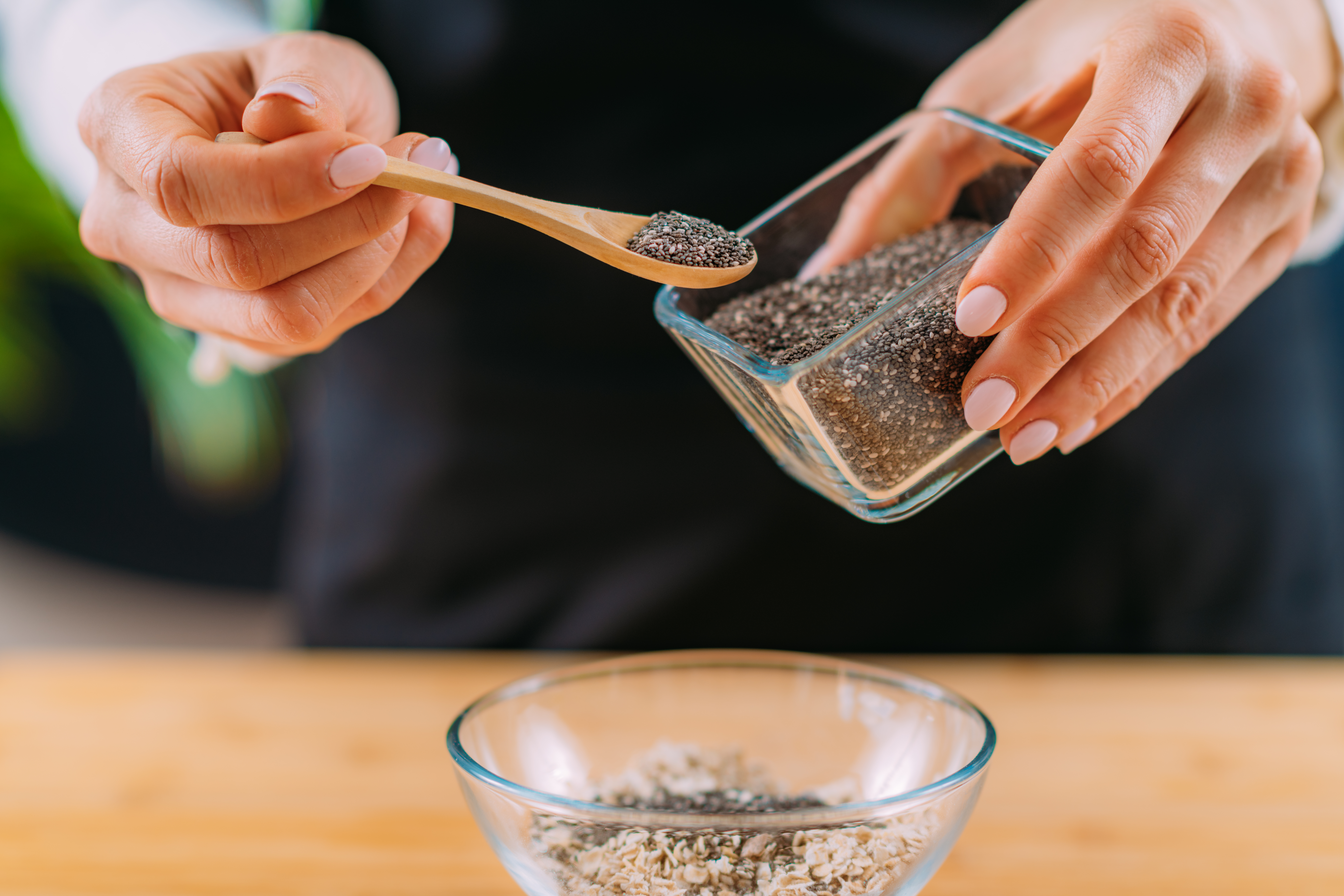
Don’t let their size fool you—chia seeds are hydration powerhouses. When soaked in water or milk, they expand into a gel-like consistency that helps retain moisture in the body, making them a great choice for hot, dehydrating days. Rich in omega-3s, fiber, and protein, chia seeds also support sustained energy and digestion without weighing you down. Stir them into smoothies, overnight oats, or summer puddings for a cooling, nutrient-dense treat. Their slow-digesting nature means they release energy gradually—ideal for long, sun-soaked afternoons. For a drinkable option, try chia fresca with lemon and honey.
20. Radishes: Crisp, Peppery, and Cooling
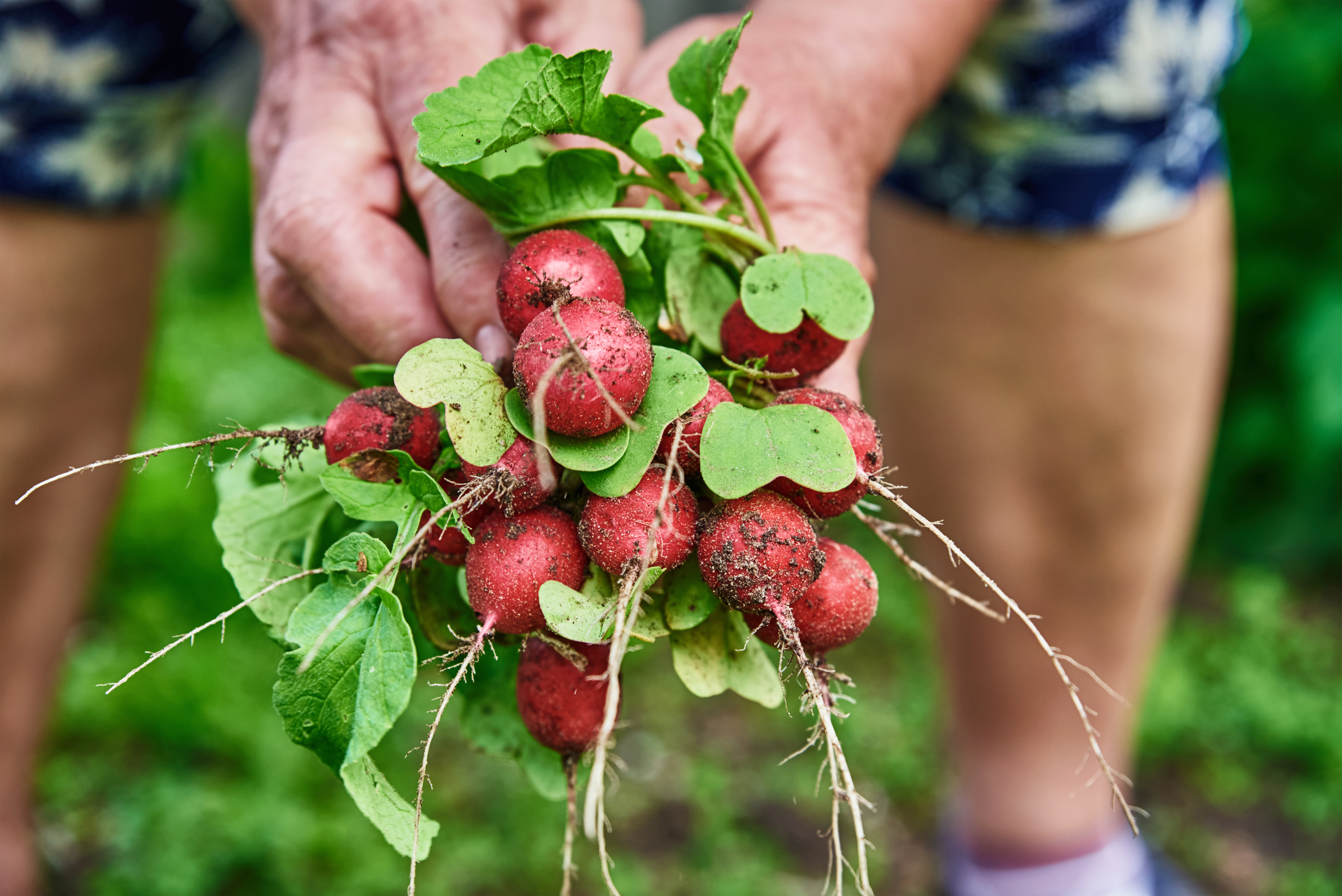
Radishes might not steal the spotlight, but they’re an underrated summer food with serious cooling benefits. High in water content and rich in vitamin C, they offer a crisp, refreshing crunch that helps regulate body temperature and aid digestion. Their natural peppery flavor cuts through heavy dishes and adds zip to salads, tacos, or slaws. Bonus: their slight diuretic properties can help reduce water retention and bloating, which often flare up in the heat. Keep them raw, sliced thin, and served cold for maximum refreshment. They’re your crunchy, low-calorie antidote to summer sluggishness.
21. Aloe Vera Juice: Soothing From the Inside Out
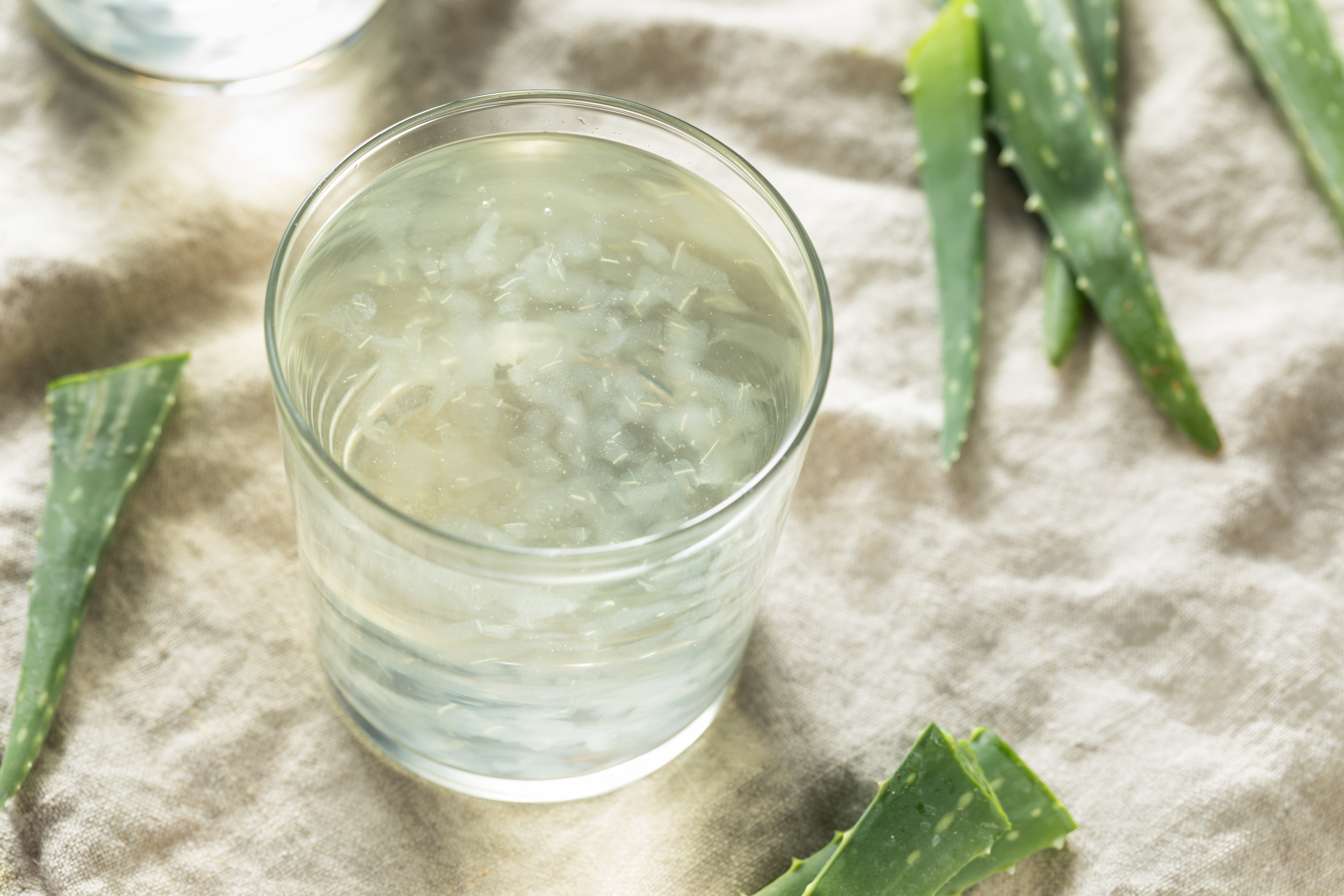
Best known for calming sunburns, aloe vera works wonders internally too. Aloe vera juice is a natural coolant loaded with antioxidants, enzymes, and anti-inflammatory compounds. It supports digestion, soothes the gut, and may even help regulate blood sugar—crucial in hot weather when energy dips are common. Drink it cold and diluted (pure aloe can be bitter) or mix it with mint and lemon for a homemade tonic. Just be sure to buy food-grade aloe products and avoid versions with added sugar. It’s not just a skincare staple—it’s a full-body summer reset in a glass.
22. Papaya: Gentle on the Gut, Great in the Heat
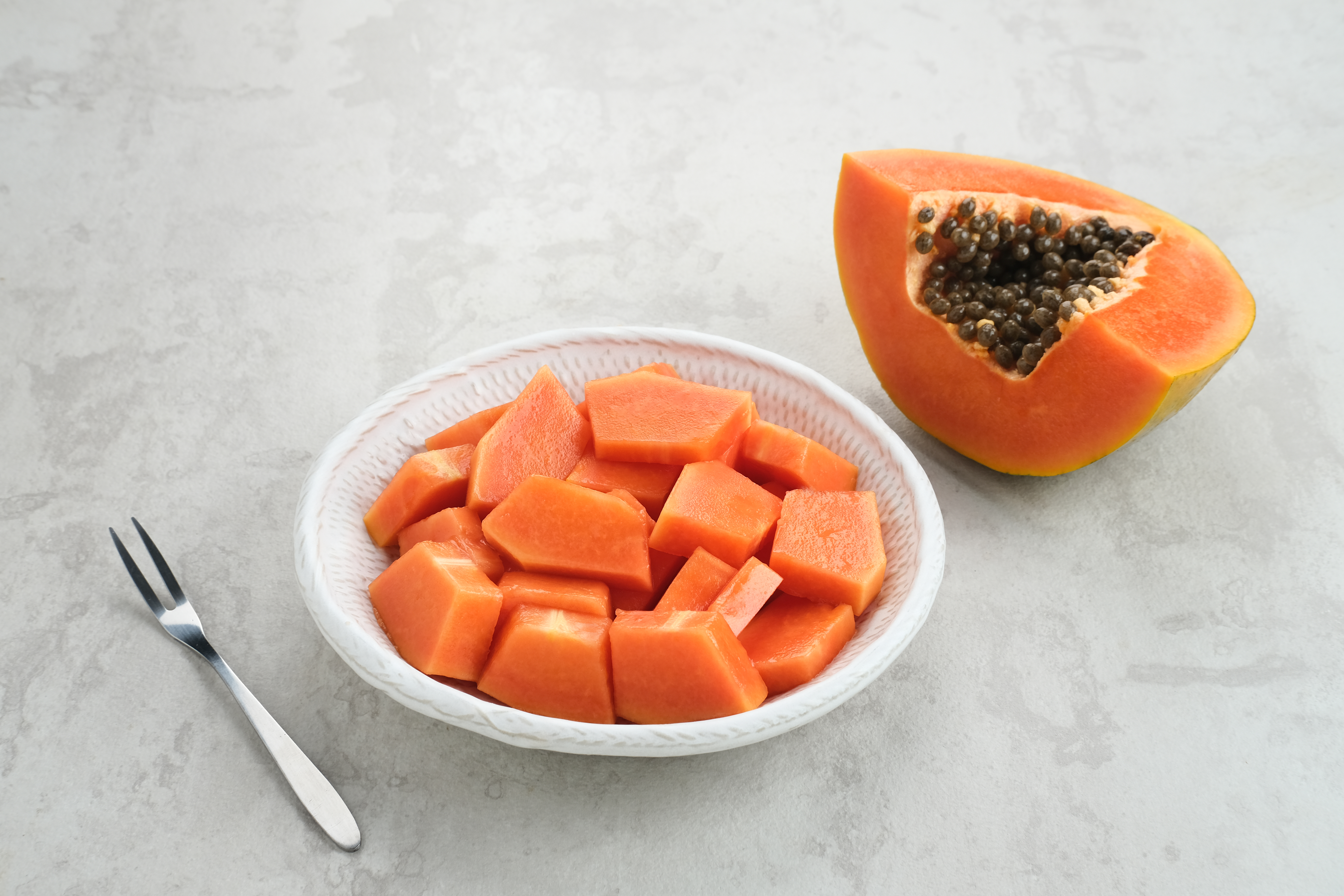
Papaya is a tropical fruit designed for summer. Loaded with water, fiber, and the digestive enzyme papain, it helps ease bloating and supports gut health when your system feels off from heat or travel. Its natural sweetness satisfies cravings without spiking blood sugar, and it pairs beautifully with lime juice, mint, or chili powder for an extra kick. Rich in vitamins A and C, papaya also gives your skin a glow boost—especially helpful under the summer sun. Eat it fresh, blend it into smoothies, or toss it into fruit salads for a vibrant, cooling bite.
23. Green Tea: A Gentle Caffeine Fix That Cools
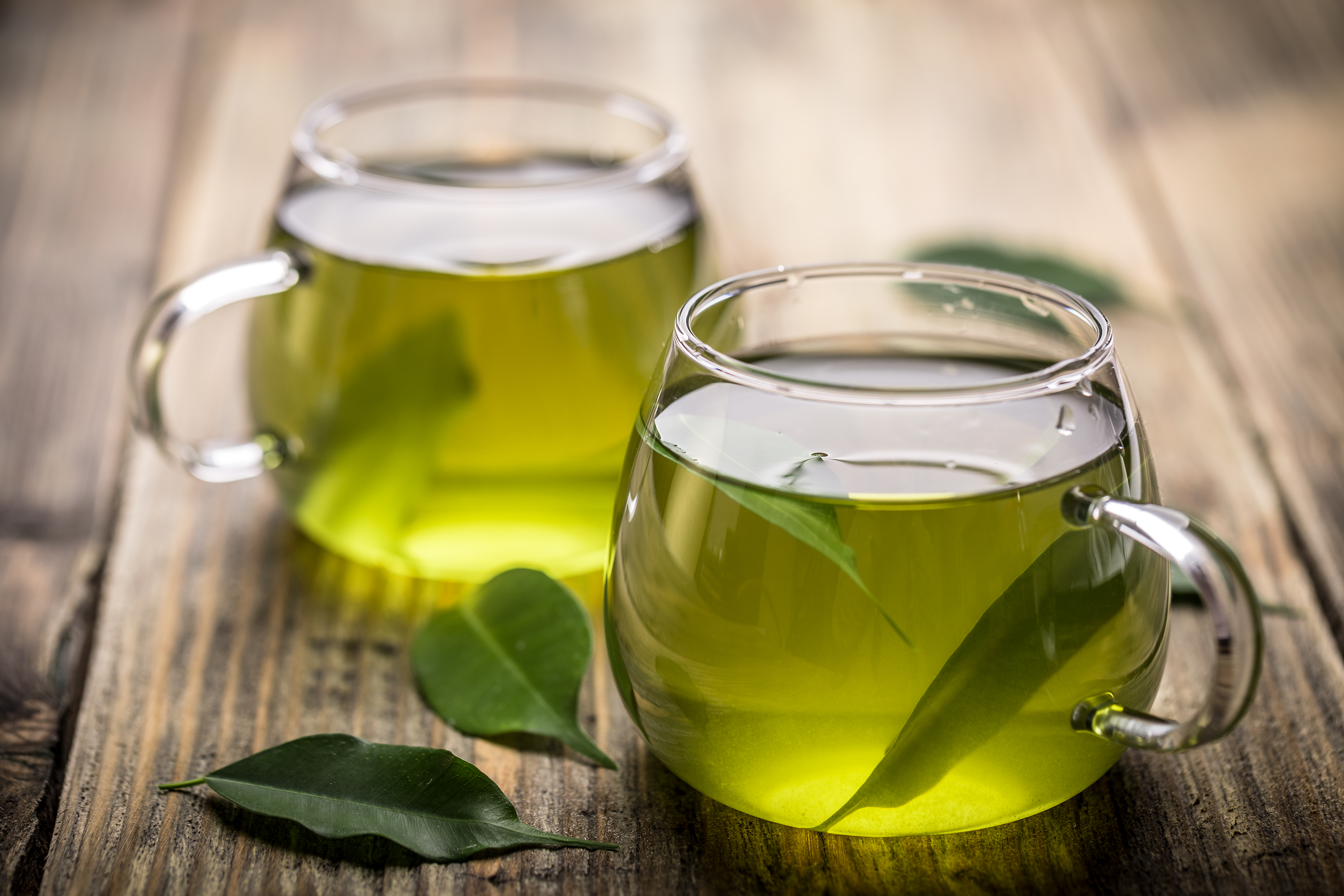
Need a caffeine lift without the summer crash? Green tea offers a gentler energy boost than coffee, thanks to its lower caffeine content and high concentration of L-theanine—a compound that promotes calm alertness. Served chilled, it becomes a hydrating, antioxidant-rich beverage that supports metabolism and fights inflammation. Unlike sugary iced coffees, unsweetened green tea won’t spike your blood sugar or dehydrate you. Add lemon, mint, or berries for flavor and extra cooling effect. Whether you're powering through a hot workday or unwinding on the porch, green tea is your go-to summer sip with benefits.
Eat Smart, Stay Cool

When the sun blazes and sweat becomes a second skin, food isn’t just fuel—it’s a form of climate control. Every bite you take can either work with your body or push it into overdrive. The smartest summer eaters aren’t just reaching for chilled drinks—they’re stacking their plates with hydrating heroes, cooling herbs, and light, energizing nutrients that help the body do what it was designed to do: adapt. At the same time, they’re sidestepping the hidden culprits—sneaky salts, dense proteins, sugar bombs—that sabotage comfort and clarity. With our expanded list of 23 Essential Summer Food Choices, you now have a practical, delicious roadmap for navigating the heat with ease. Whether you're headed to a picnic, a beach day, or just trying to survive the kitchen, remember this: in summer, what you eat shapes how you feel. Choose wisely, eat intentionally, and let your plate do the cooling.
